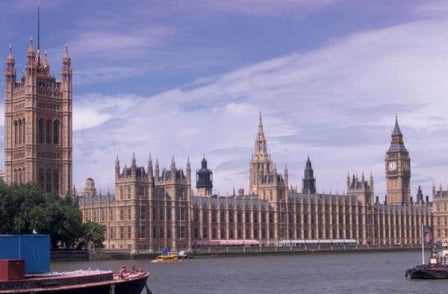
The Liberal Democrats last night tabled amendments to the Criminal Justice and Courts Bill to provide public interest defences to journalists and others accused of computer hacking and bribery.
The amendments, introduced in the House of Lords, were not adopted – partly because they were introduced at a late stage in the bill's progress – but they remain Liberal Democrat Party policy and could yet be introduced in other legislation. Justice minister Lord Faulks agreed that "further thinking is needed" on the issue of public interest defences being provided both in the Computer Misuse Act (which outlaws the illegal hacking of information from computers) and the Bribery Act.
Lord Marks of Henley said: "There is some evidence that newspapers feel that they have to turn away whistleblowers who want or seek compensation for the risks they take in becoming whistleblowers by exposing what may be going on in the organisations for which they work, and which would otherwise be caught by the Bribery Act.
"There is a risk that both the provisions that I mention in the Computer Misuse Act and the Bribery Act could act—and do act sometimes—as a gag on journalism. These defences would respond to that, but I emphasise that these defences would be difficult to prove and only seriously undertaken."
Conservative justice minister Lord Faulks said: “While I agree that it is important that journalists can undertake genuine investigative work to uncover misconduct, these amendments raise complex areas that need more thinking and a detailed understanding. I am sure that the majority of journalists work with the utmost integrity but there is a risk that such defences could encourage a culture of wrongdoing, however well intentioned they may be.
"Of course, the defences would also have a much wider application—for example, giving any potential defendant the right to show that they had a reasonable belief that what they were doing was not illegal.
"Noble Lords will be aware that the Crown Prosecution Service must take the public interest into account in deciding whether to prosecute in every case. In addition, proceedings under the Bribery Act may be instituted only with the personal, non-delegable consent of the Director of Public Prosecutions or the director of the Serious Fraud Office. This provides an important safeguard against inappropriate prosecutions against journalists or, indeed, anyone else.
"For the reasons outlined in my remarks, we consider that further thinking is needed in these complex areas. We do not take issue with the fact that these are matters of concern, and I do not criticise my noble friend Lord Marks at all for raising them, albeit at a late stage."
Email pged@pressgazette.co.uk to point out mistakes, provide story tips or send in a letter for publication on our "Letters Page" blog
